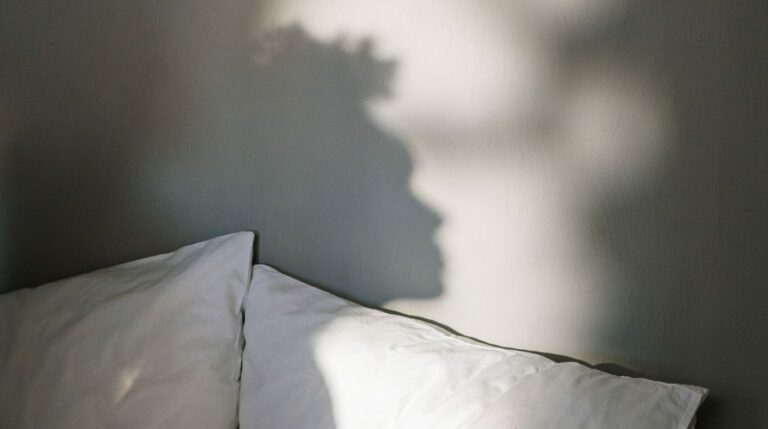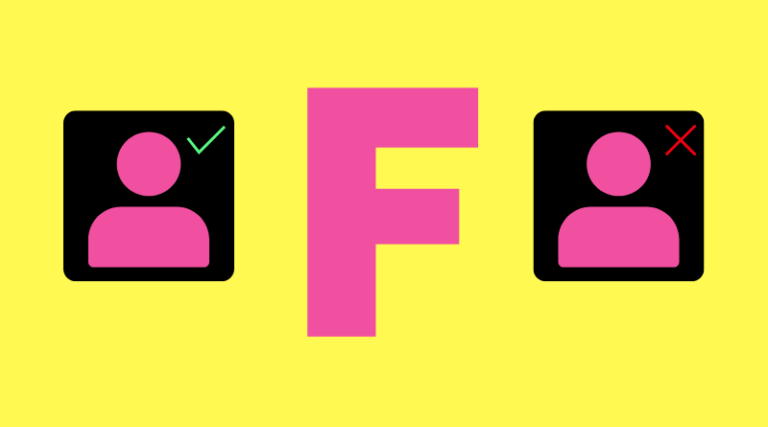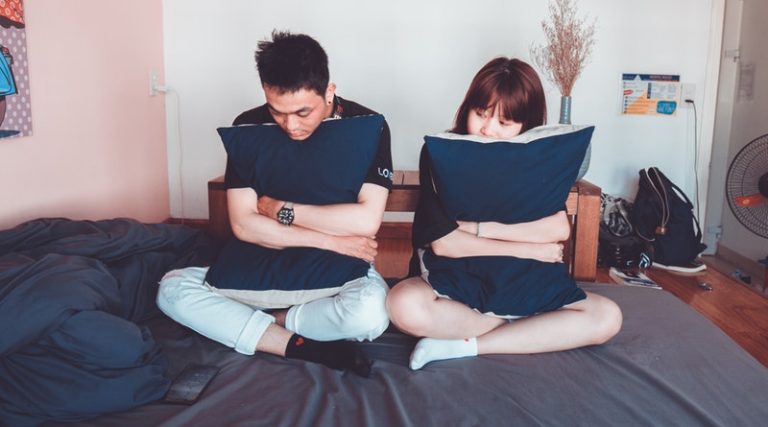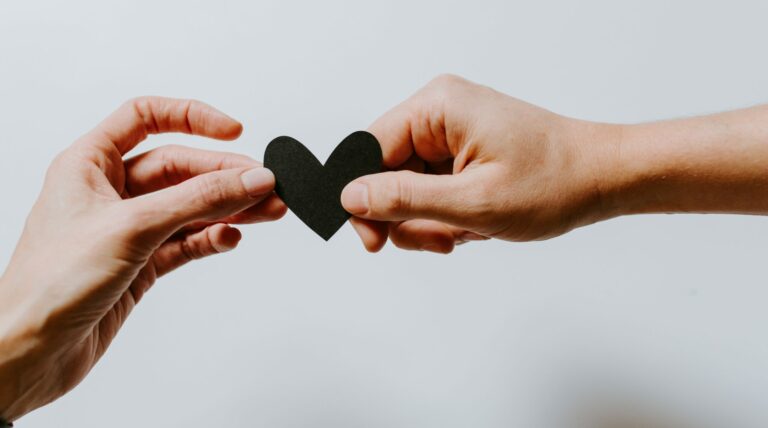What are the signs and symptoms of an abusive relationship?
There are different types of abuse a person can experience and warning signs to look out for
Any form of violent and abusive behaviour is unacceptable. Abuse can sometimes be difficult to understand and to confront, but as an adult who grew up around domestic abuse, I’m here to say you can come out of the other side. In this article, I’ll explain the different types of abuse a person may experience and some of the signs to look out for.
Verbal Abuse
This is where someone threatens you or insults you on a regular basis, to make you scared or feel bad about yourself. The type of things they say may vary, but you’ll mainly notice that what they say will be negative towards you. Sometimes, the person who is being abusive might choose to ignore you, to make you feel as though you don’t exist or what you say doesn’t matter.
Emotional abuse
This is where someone uses your emotions to make you do things you don’t want to do. It can often result in you feeling angry, upset or depressed for doing it. However, one method abusers might use could even involve telling you that if you don’t do what they want you to do, it will upset them – or they might try to make you feel guilty for not doing it.
Controlling behaviour
Examples of controlling behaviour are when someone frequently criticises what you do, the people you hang out with or what you look like, or to try and gain control over you. Most victims of controlling behaviour might often think that their abuser simply cares about the way they look or the activities they do, but in reality, the abuser is dictating the way you should live your life. This is also known as coercive control.
Physical abuse
Physical abuse is where someone causes you pain in order to manipulate you. For example, being hit, slapped, pinched and even scratched for not doing or saying what your abuser wants you to. Anything that an abuser does to cause you pain, without you consenting to them doing it (even if it’s accidental) is physical abuse.
Sexual abuse
Sexual abuse is when someone forces you to perform, or watch, a sexual activity against your will. In some cases, an abuser might even use sex as a form of punishment, for you not doing what they want you to.
Financial abuse
When someone controls what you can and cannot do, by controlling your money, this is financial abuse. They might even force you to do something, in order to get back money they stole from you. In some cases, financial abusers might even tell you what you can and cannot buy with your money, loan you large amounts of money or even try to make you feel bad for spending money.
For more information on the different types and indicators of abuse, visit the social care institute for excellence website. Be aware before you click through that you may find some of the content upsetting.
What are the signs of an abusive relationship?
When we talk about relationships in this context, we simply mean a connection you have with someone. Whether that’s someone from school, a colleague at work, your boyfriend or girlfriend, or even a family member.
There are many different signs you could look out for to see if you’re in an abusive relationship. Sometimes the signs are very obvious. Other times, they might be very subtle. However, if someone’s actions make you feel bad, weak, stuck or oppressed, it’s more than likely they are being abusive towards you. Some of the signs include:
- Stopping you from socialising with your friends, family or even making new friends with strangers
- Controlling the type of activities you do, or would like to do
- Taking your money or something you own, as leverage for getting what they want
- Forcing you to do things against your will or without your consent
- Threatening to hurt or kill themselves, if you break up with them or tell anyone about the things they have done to you
- Threatening to hurt or kill you and the people you love, if you break up with them or tell anyone about the things they have done to you
If you would like to speak to someone in confidence about domestic abuse or sexual violence, here is a list of national helplines. They can also put you in touch with your local services if you would like them to. If you ever feel in immediate danger, you should call 999.
Other support
- Am I in a healthy relationship?
- Brook – Types of abuse
- Brook – Abuse and violence
- Living Without Abuse (LWA) – Abusive relationships
Read more
Last Reviewed 30 August 2023
Image Credit: Zhu Liang via Unsplash







